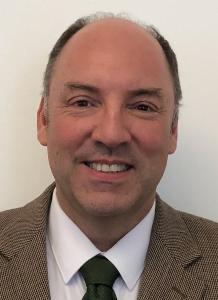Country reports
Three hours after the polling stations closed, the electoral authority announced the result of 99.3% of the votes counted: the "Against" option won with 55.76 of the votes, outperforming the "For" option, which received 44.24% and lost in 13 of the country's 16 regions. Voter turnout was 84%. This concludes this stage of the constitutional debate, as agreed by the majority of the parties. It is also the end for the citizens, as according to the B&W survey, 76% of the population believe that this is the best thing for Chile. For politicians, however, a new phase is beginning with key challenges for shaping the future that Chile would like to see and which will make it possible to leave behind a decade that was lost for many. During this time, the country lost the drive that had made it a role model in the region for the previous 30 years. Forgotten was the strategic vision that the policy of consensus, global economic openness, the identification of
Clusters for a competitive economy. In contrast, today we are witnessing a deterioration that can be seen, for example, in the critical state of education and security, the decline in competitiveness and investment, and unemployment.
The constitutional debate took place against this backdrop, which is compounded by the so-called constitutional fatigue in society and the feeling that this Constitutional Council, now with a conservative majority, ultimately equaled its predecessor in the first constitutional process, the Constitutional Convention. Now, a constitution does not necessarily solve the urgent problems that concern ordinary citizens. And the polls have proven this with data: for example, 50% of the population showed very little or no interest in the new constitutional process. It was only with the election campaign "for" or "against" the new constitution that a slight increase in this figure was observed. However, a large proportion of the population wanted this constitutional process, which has now lasted four years, to finally be completed and for politicians to focus on solving the country's real problems.
The full-length publication is only available in German.



